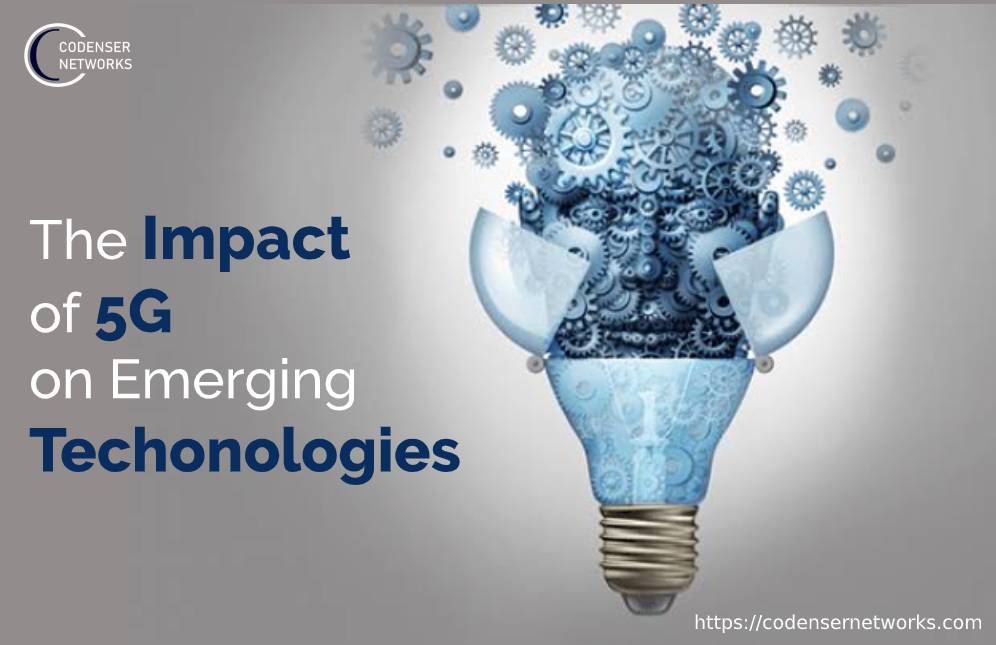In the current technological world, the hottest discussion topic that is trending is 5G(Fifth Generation) wireless network. 5G is becoming a new hope for everyone to make their work easier by providing tremendous speed. Serving as a stimulant to the transition that people are going through, 5G is giving them an easier way. A survey by Ericsson reveals that on an average, 92% of the major 100 telecommunications operator executives vote up for 5G revolutionizing the way emerging technologies are making their place.
With each passing era, we witness new introductions of new technologies and how people, as well as businesses and almost all the sectors, adapt to these changes. The adoption is becoming quicker, whether it is 3G, 4G or now 5G is welcomed with open arms by all the emerging technologies.
Reasons to Switch to 5G:
1. Data Congestion:
If one is looking for getting 4K or UHD videos to be delivered to the players of any game that is run through VR mode, expecting a non-lagging and non-pixelated experience, then data congestion has resulted as it requires high-bandwidth. For this, 5G is the solution as it provides higher bandwidth.
2. Frame Transfer Speed:
Slight discomfort can be experienced in a VR game if all the 360-degree frame information is transmitted at latency less than 20 ms. 5G promises to reduce it to 1ms lag boosting the performance of the velocity of the transfer for the VR applications.
3. High-Frequency Band:
For getting a perfect non-distorted and non-lagging performance, high bandwidth such as 10Gbps to 40Gbps is required. Again, there are interference challenges in achieving this speed that is still not resolved. 5G acts as a boon here as it can easily deliver 20 Gbps with ease.
Emerging Technologies Impacted by 5G:
1. Immersive and Interactive Technology
Upcoming Augmented Reality applications for virtual tourism, effective navigation, immersive gaming, etc. on an enterprise as well as consumer level can be made considerably seamless by fuelling it with 5G technology. Once 5G is introduced in the market and these 5G networks are available becoming widespread, the entire face of AR/VR applications will be transformed.
2. Artificial Intelligence
As AI is growing and making its place in the market, the introduction of 5G can boost the performance as well as the speed of the AI (Artificial Intelligence). This makes machines and systems match the human intelligence levels. In AI, 5G can support simulation of reasoning, clustering of context, data-fitting, analysis, context optimization, and so on. Thus, 5G can make AI robust, faster, and can eventually reduce the costs making AI applications easier to develop.
3. Cloud Computing
The basic parameter that is essential for cloud computing is improved speed to eliminate slower data transfer rates and no latency. Now, 5G network will be responsible for removing latency and provide users with a communication channel that is almost as near to as instant and thus cloud computing will give users the maximum output. Thus, 5G plus cloud computing equals high bandwidth, no latency and efficient communication to be experienced by the users.
4. Internet of Things
As Gartner speculates, worldwide, there will be a growing number of connected devices, probably 20.4 billion by the end of 2020 or more. 5G is the key to stable IoT as a part of our world and make people able to unleash its full potential. The reason for the existing system to be lagging is that the current network speed is not enough to handle more number of devices which ends up in lagging, thus reducing performance. And 5G eliminates all of these problems.
Another aspect that will be majorly affected by 5G is Edge computing. Being an open and one with an IT architecture that is distributed mainly featuring a processing power which is shared, Edge computing needs high-speed. 5G, when amalgamated with Edge computing, can eliminate the need for companies to connect with third-party cloud computing companies.

